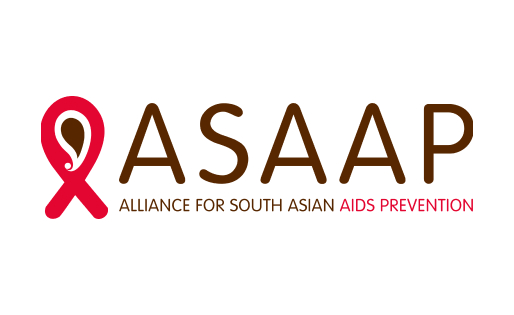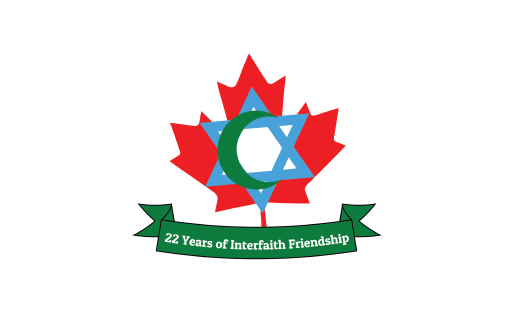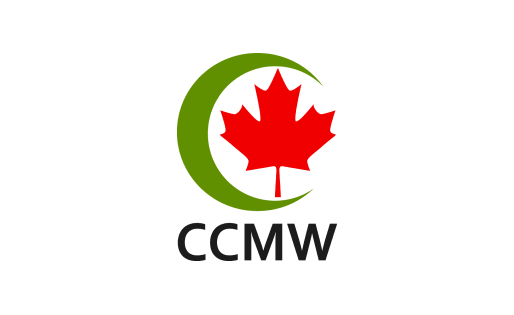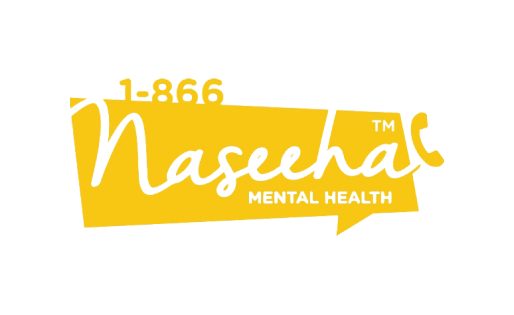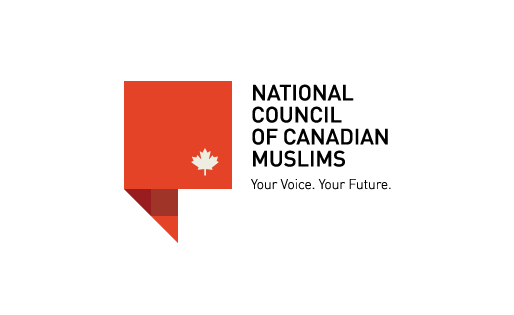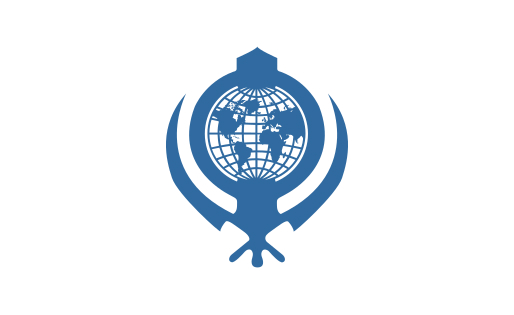About Project
“Policies that Perpetuate Systemic Racism” was a 10-month project, funded by the Canada Race Relations Foundation through the Anti-Racism Fund. This initiative critically examined the profound impacts of three significant legislations in Canada: Quebec’s Bill 21, the previously known “Zero Tolerance for Barbaric Cultural Practices Act”, and the Canada Child Benefit’s immigration status contingency.
The project encompassed in-depth analysis and firsthand accounts, highlighting the adverse effects of these policies. We focused on personal stories that reveal the systemic exclusion of individuals based on their religion, immigration status, and ethnicity. These policies have not only contributed to marginalization but have also intensified feelings of loneliness, isolation, and distress among those [impacted.To](http://impacted.to/) bring these stories to the forefront, we created a range of creative content, including animations, illustrations, blog posts, a podcast series, and social media campaigns. By showcasing these narratives prominently, our goal is to underscore the negative impact of these policies and foster a sense of urgency for meaningful change.
Despite targeting seemingly different groups, these three policies share a common thread in their effect on racialized individuals and communities. These policies, while diverse in their application, have a converging impact: they contribute to systemic barriers that affect various aspects of life for racialized individuals and communities in Canada. By drawing these boundaries, the policies create a divisive narrative of who qualifies as a ‘true Canadian’ and who is entitled to equal privileges. The research revealed how these legislations collectively lead to social and economic challenges, affecting areas such as professional aspirations, public service accessibility, and the well-being of individuals and families from diverse backgrounds.

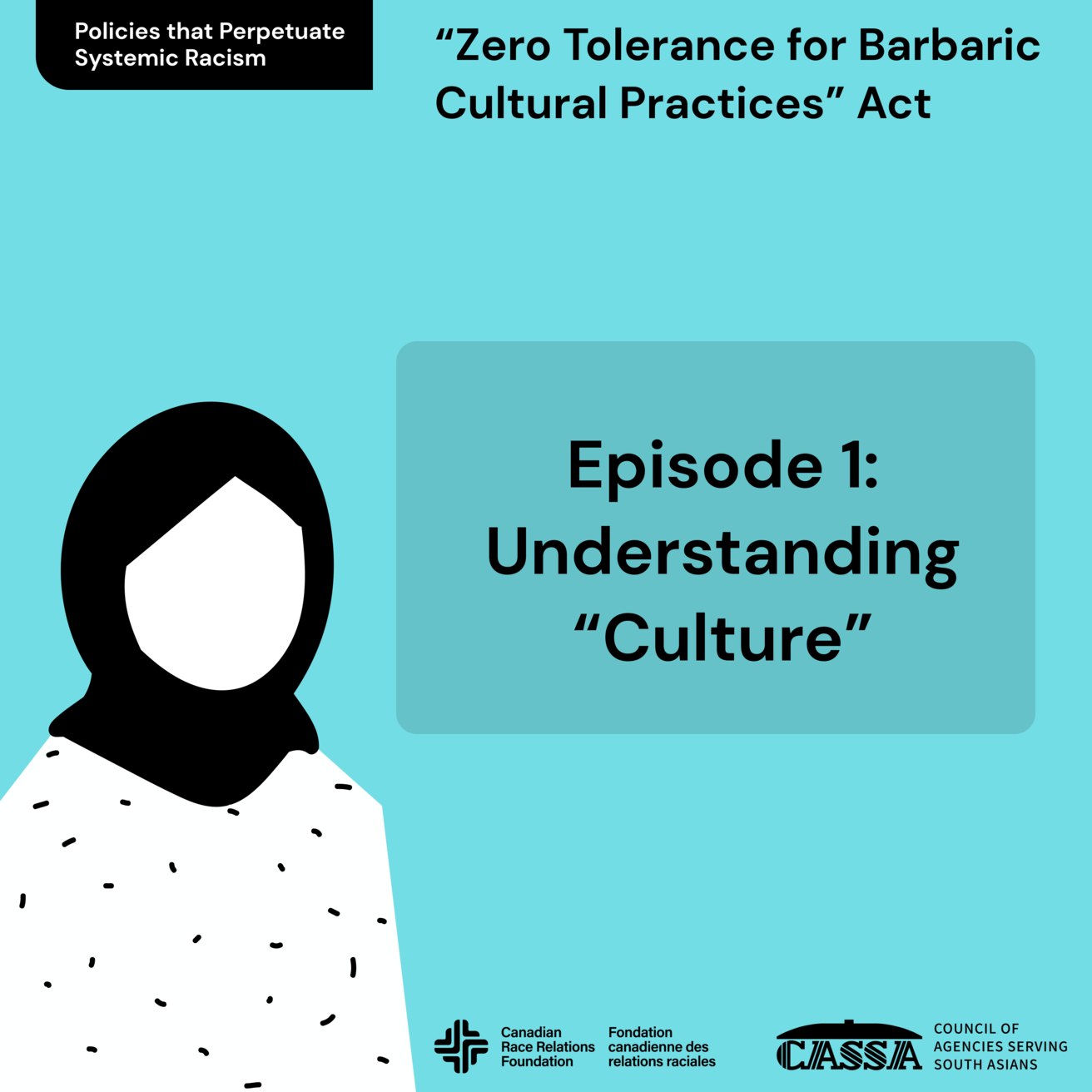
Law 21
Impedes religious freedom, a fundamental human right. Click here to learn more.
Canada Child Benefit
discriminates against families based on their immigration status, reinforcing poverty. Click here to learn more.
“Zero Tolerance……” Act
reinforces cultural racism without addressing gender-based violence. Click here to learn more.
Advisory team
